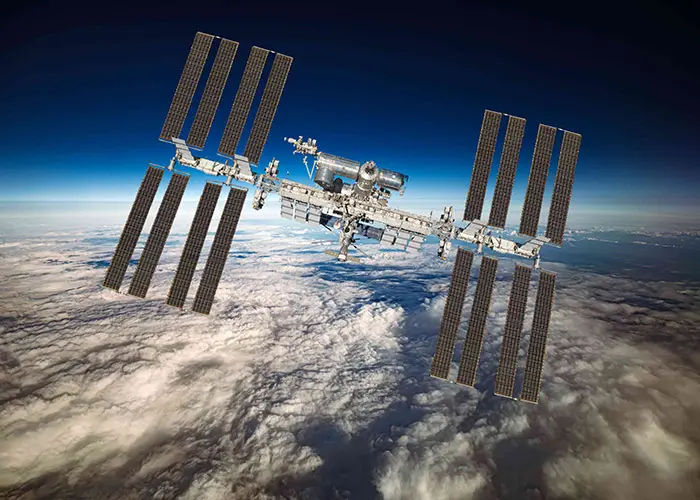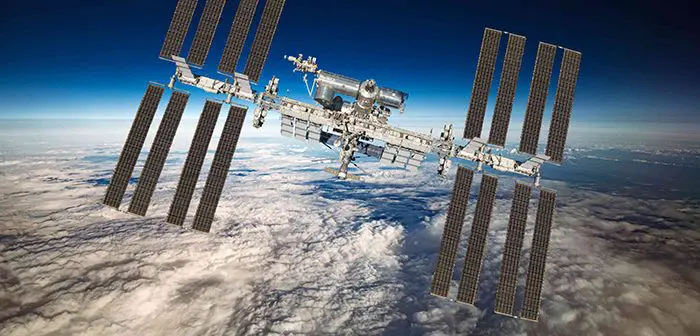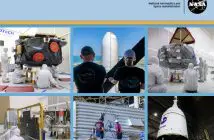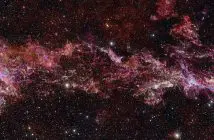
NASA has awarded USD15.6 million in grant funding to 15 projects supporting the maintenance of open-source tools, frameworks, and libraries used by the NASA science community.
The agency’s Open-Source Tools, Frameworks, and Libraries awards provide support for the sustainable development of tools freely available to everyone and critical for the goals of the agency’s Science Mission Directorate.
“We received almost twice the number of proposals this year than we had in the previous call,” said NASA’s Steve Crawford. “The NASA science community’s excitement for this program demonstrates the need for sustained support and maintenance of open-source software. These projects are integral to our missions, critical to our data infrastructure, underpin machine learning and data science tools, and are used by our researchers, every day, to advance science that protects our planet and broadens our understanding of the universe.”
This award program is one of several cross-divisional opportunities at NASA focused on advancing open science practices. The grants are funded by NASA’s Office of the Chief Science Data Officer through the agency’s Research Opportunities for Space and Earth Science. The solicitation sought proposals through two types of awards:
Foundational awards: cooperative agreements for up to five years for open-source tools, frameworks, and libraries that have a significant impact on two or more divisions of the Science Mission Directorate.
Sustainment awards: grants or cooperative agreements of up to three years for open-source tools, frameworks, and libraries that have significant impact in one or more divisions of the Science Mission Directorate.
2024 awardees are:
- NASA’s Ames Research Center. Principal investigator: Ross Beyer. “Expanding and Maintaining the Ames Stereo Pipeline;”
- Caltech. Principal investigator: Brigitta Sipocz. “Enhancement of Infrastructure and Sustained Maintenance of Astroquery;”
- Cornell University. Principal investigator: Ramin Zabih. “Modernize and Expand arXiv’s Essential Infrastructure;”
- NASA’s Goddard Space Flight Center. Principal investigator: D. Cooley. “Enabling SMD Science Using the General Mission Analysis Tool;”
- NumFOCUS. Principal investigator: Thomas Caswell. “Sustainment of Matplotlib and Cartopy;” and
- NumFOCUS. Principal investigator: Erik Tollerud. “Investing in the Astropy Project to Enable Research and Education in Astronomy.”
- NASA’s Jet Propulsion Laboratory. Principal investigator: Cedric David. “Sustain NASA’s River Software for the Satellite Data Deluge.” Three-year award;
- Pennsylvania State University. Principal investigator: David Radice. “AthenaK: A Performance Portable Simulation Infrastructure for Computational Astrophysics.” Three-year award;
- United States Geological Survey. Principal investigator: Trent Hare. “Planetary Updates for QGIS.” One-year award;
- NASA JPL. Principal investigator: Michael Starch. “How To F Prime: Empowering Science Missions Through Documentation and Examples.” Three-year award;
- NASA Goddard. Principal investigator: Albert Shih. “Enhancing Consistency and Discoverability Across the SunPy Ecosystem.” Three-year award;
- Triad National Security, LLC. Principal investigator: Julia Kelliher. “Enhancing Analysis Capabilities of Biological Data With the NASA EDGE Bioinformatics Platform.” Four-year award;
- iSciences LLC. Principal investigator: Daniel Baston. “Sustaining the Geospatial Data Abstraction Library.” Three-year award;
- University of Maryland. Principal investigator: C Max Stevens. “Sustaining the Community Firn Model.” Three-year award;
- Quansight, LLC. Principal investigator: Dharhas Pothina. “Ensuring a Fast and Secure Core for Scientific Python – Security, Accessibility and Performance of NumPy, SciPy and scikit-learn; Going Beyond NumPy With Accelerator Support.” Three-year award.





